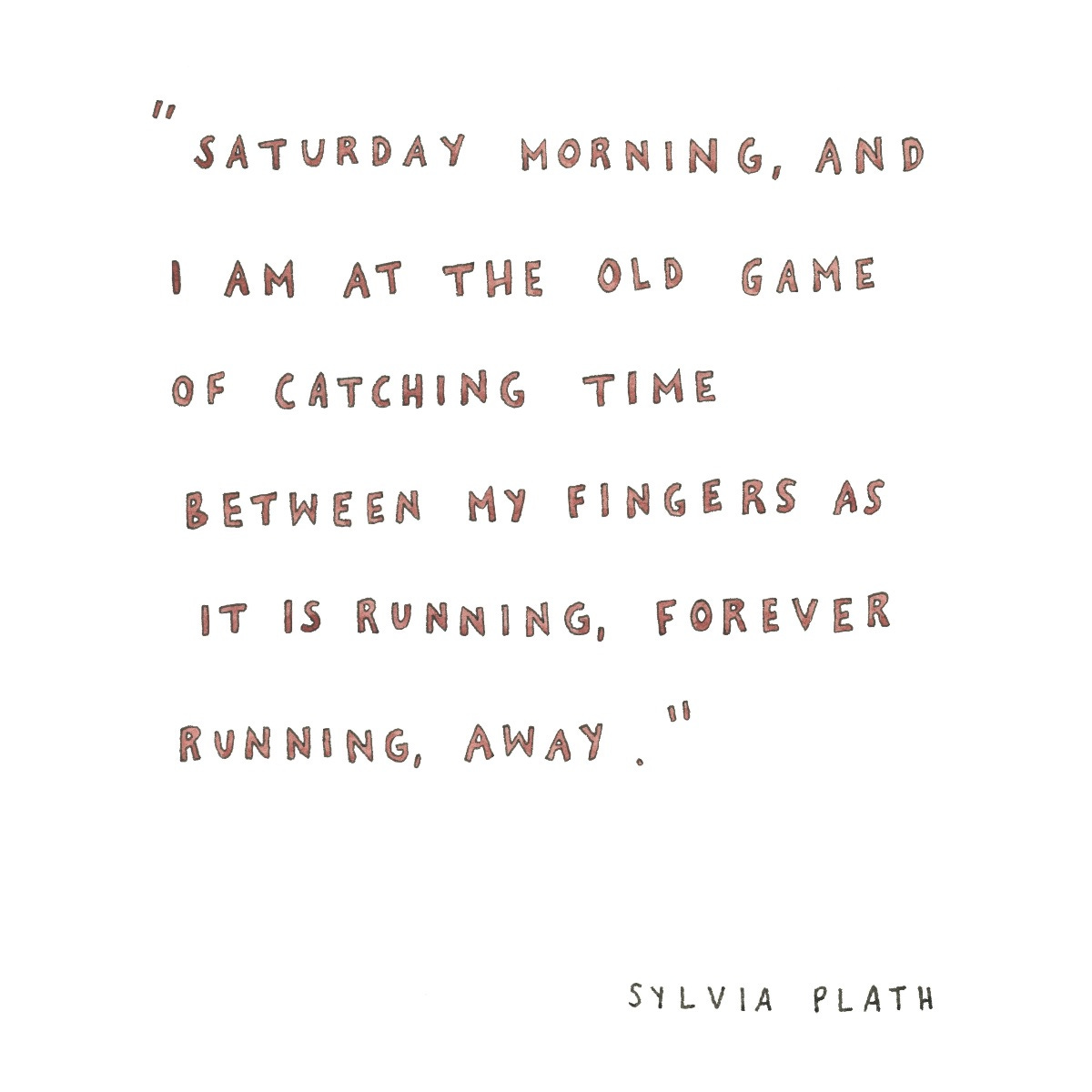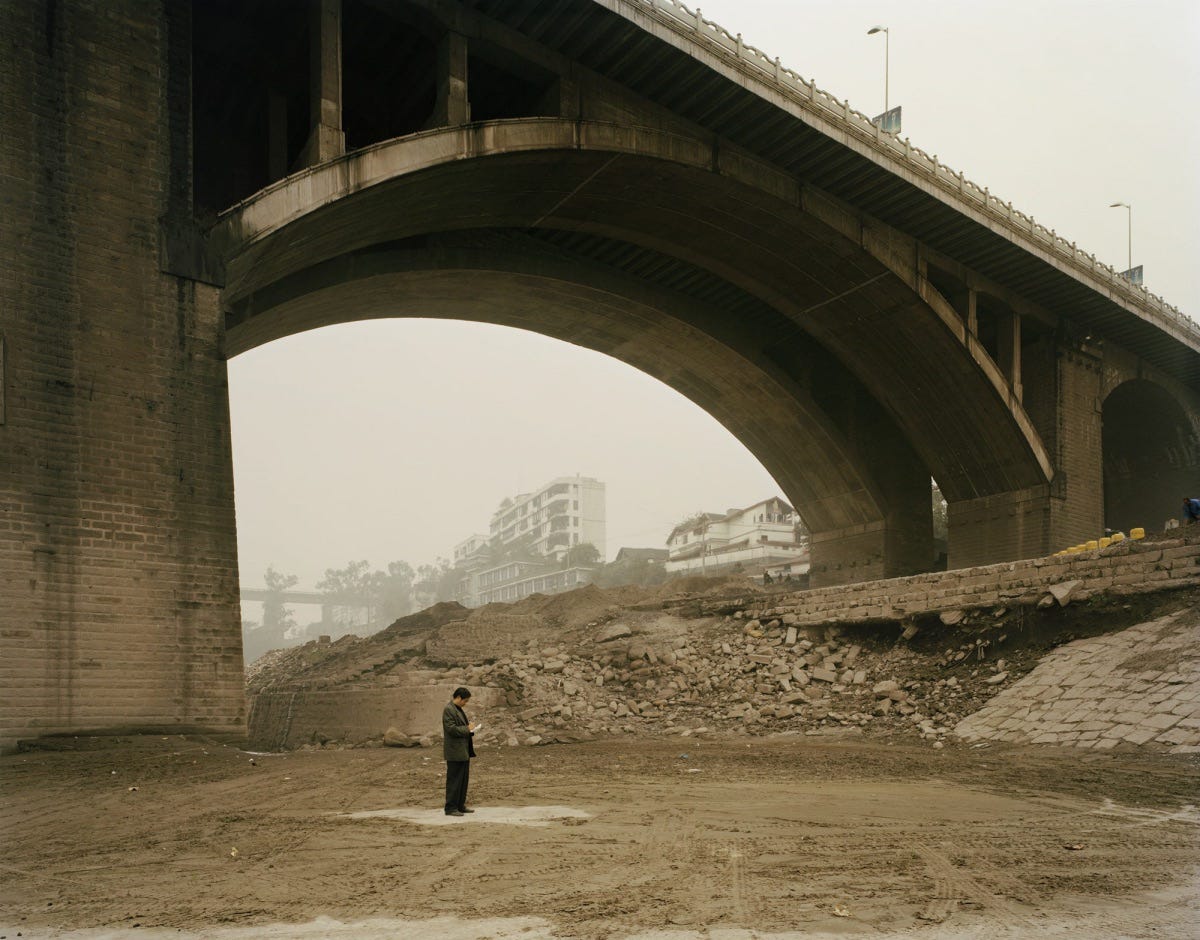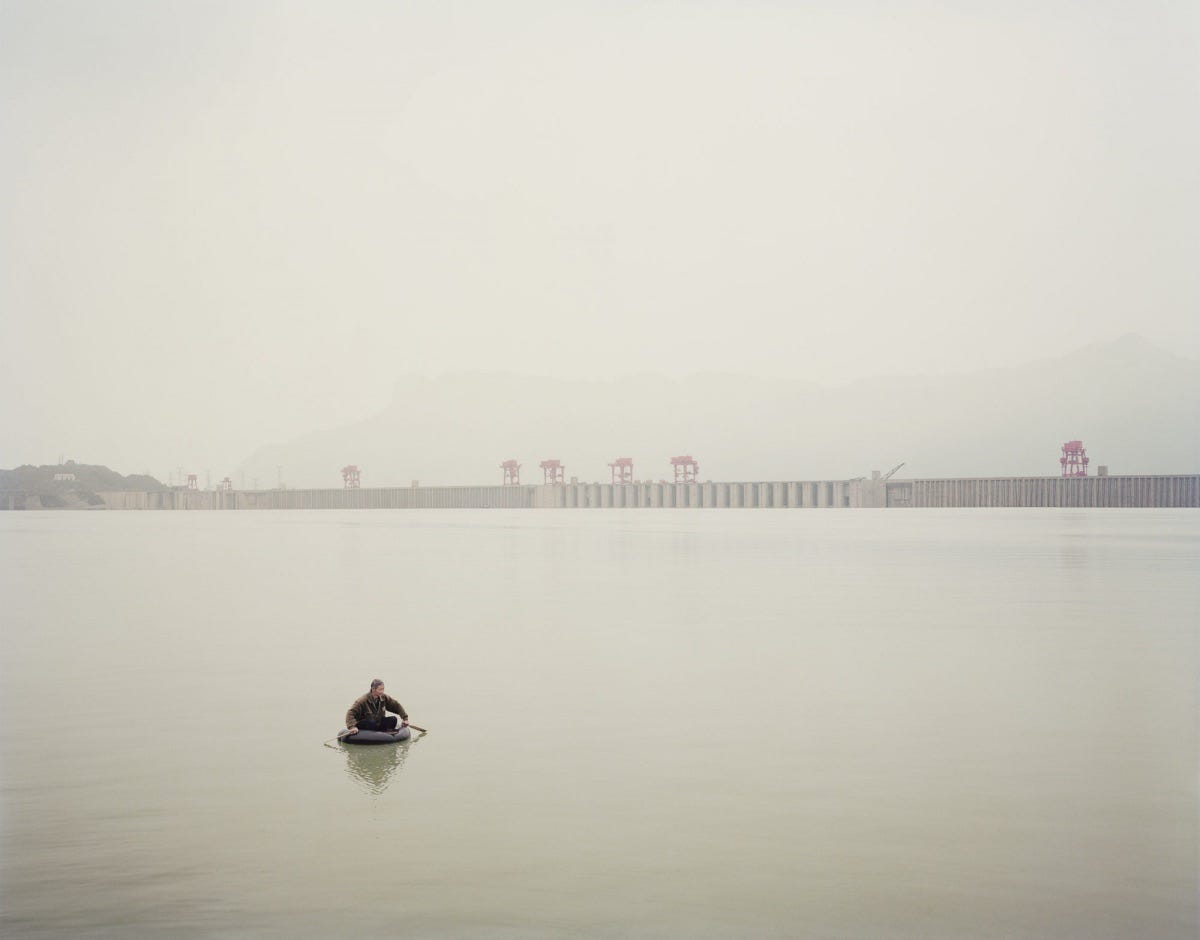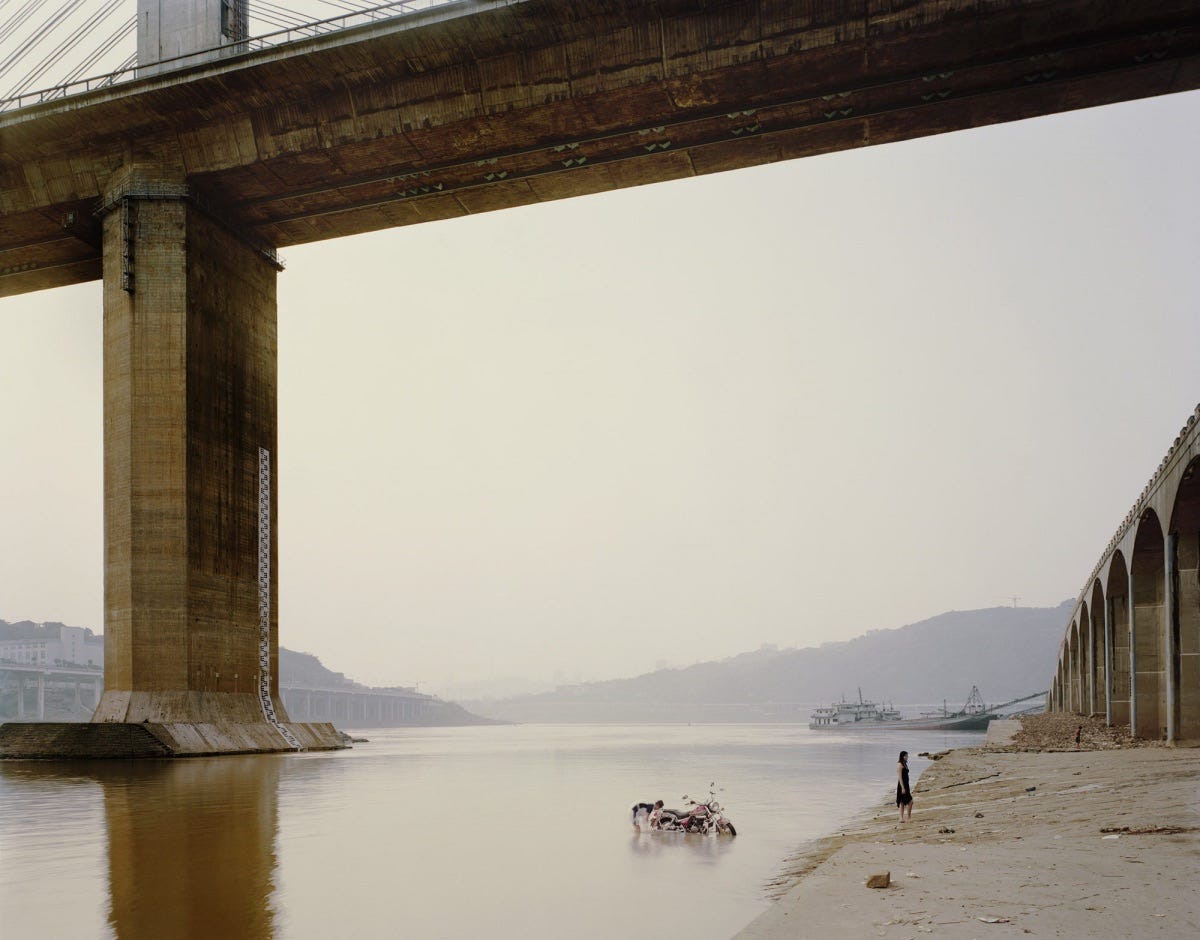No.102

I have been very conscious of time, lately, the way it is and then isn't any more, what it seems to give people and what it seems to take away, how we like to think it is something we know and can recognise under all circumstances—I've found that I like you even more after time apart—and perhaps agree or disagree with the idea that it can be spent: wisely, foolishly, but we are never able to put aside for later. All of this while being nothing more than an illusion, at most or at best or on a better day, a direction.

Then there have been several occasions in the last two weeks when well-worn sayings that mention time have flown like insects into my head, such as 'for the time being', or the idea that we are or are not willing to give someone 'the time of day', or simply saying that we do not have the time (if we do not have the time, who does). They present themselves when I'm doing, seemingly, mundane activities, be it walking down an unusually steep hill because I need to reach the bottom of it, or sweeping something fallen from the floor, opening the fridge, closing the front door. The presence of 'time' in these phrases has been rendered newly nonsensical—a quiet and stubborn disagreement between human language and physics that manages to feel both unearthed, and newly covered in evidence.

WORK-RELATED NEWS:
Eating the Sun has been reviewed by Scientific American, and as such is included in the editor-recommended list in their April issue. The book, apparently, 'feeds the curiosity of anyone interested in exploring the universe that we exist in and that exists in us', which is lovely, and was definitely one of my intentions, to feed curiosity, because if anything is looking a bit hungry these days, it's curiosity. Is your curiosity famished? You can feed it with paper pages, with sentences I wrote mainly in Brazil in the December of 2017.

This is a very crazy thing, but it is not nearly as crazy as Wednesday, when my first finished author copy arrived on the doorstep. I'm not one for shrieking, and so there was none of that, not least because I wasn't actually there when it were deposited nicely on the ground by a UPS employee, but I was fairly struck by its two-years-in-the-making appearance, and had a fair amount of as-a-direct-consequence feelings, which I will not go into now, but may go into later.

THIS WEEK I FELL IN (SAD) LOVE WITH:
Photographs of the under-threat Yangtze River in China, by Nadav Kander, of which there are 65 in total. The third longest river in the world, its banks have been populated by humans for thousands of years, but these photographs seem to show the dissonance, an unbalance—the landscapes along the river have been subject to drastic change, to the activities of people, hosting an ongoing meeting between tradition and pacing, concrete change.
The result, I think, is uneasy-feeling.









I would like to know, really, what would happen if we were to categorise people in entirely new ways. If, instead of nationality, gender, age, usefulness to others, objects owned and paraded, we divided ourselves into very different groups, such as those who prefer the moon to the sun, those who notice reflections of things more than the things themselves, those who like recognising their faces in a mirrored surface, those who play the piano, who prefers evergreen over deciduous trees. Because, then, perhaps, we wouldn't be so divided at all.
The end.

Copyright © 2019 Ella Frances Sanders, All rights reserved.

